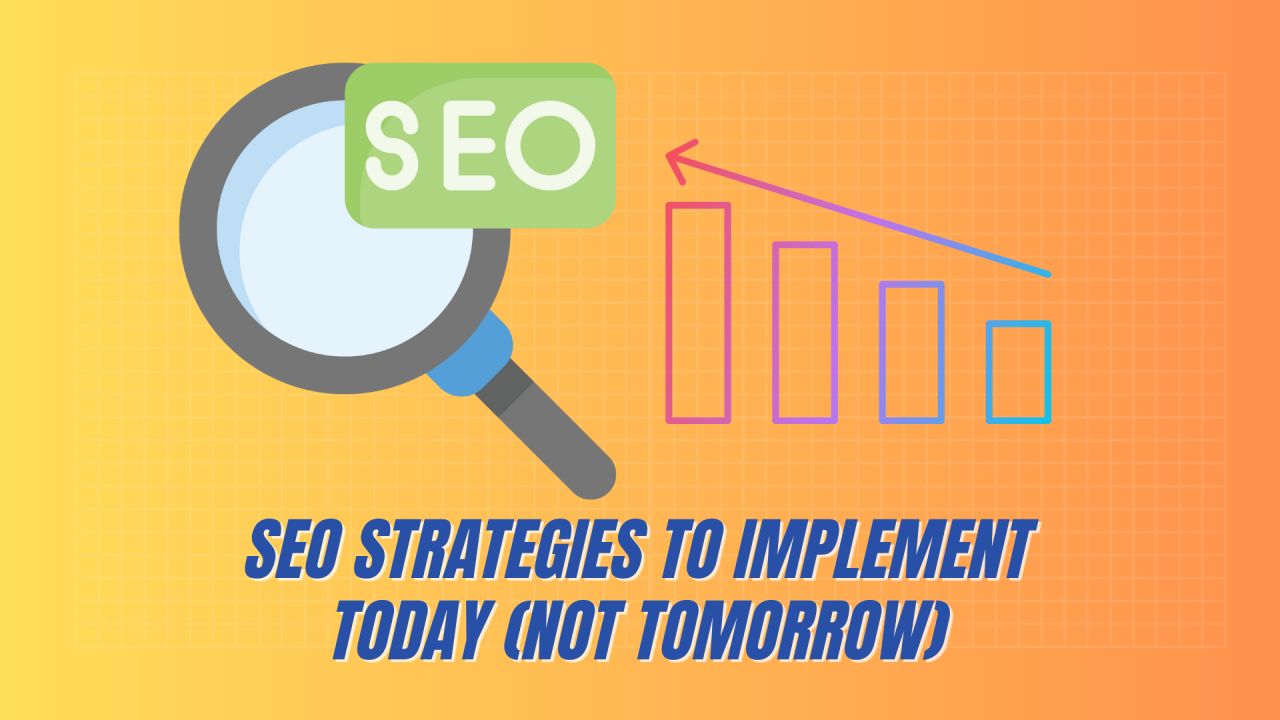In today’s fast-paced, tech-driven world, product leaders are in high demand. With organizations increasingly relying on innovative products to capture market share, professionals specializing in product management are vital to business success. This article explores the path to becoming a product leader, focusing on product management specialization, the importance of executive product management courses, and the role of MBA programs in developing product leaders.
Understanding Product Management Specialization
Product management is a multifaceted role that combines strategic thinking, business acumen, and technical expertise. Product managers oversee a product's development from conception to market release, ensuring it aligns with customer needs and business objectives.
Product management specialization allows professionals to dive deeper into key areas such as product development, market research, pricing strategies, and user experience design. Specializing in product management equips you with the skills to manage the entire lifecycle of a product, from ideation to delivery and beyond.
Why Product Management Specialization is Important
The field of product management is continuously evolving, especially with the rise of new technologies such as AI, machine learning, and data analytics. As companies look to innovate and improve their products, product managers with specialized knowledge stand out. By focusing on specific aspects of the product lifecycle, such as user experience, marketing, or technical development, you can become a true expert in your area and be better positioned to lead product teams.
Specializing in product management also opens up various career paths, from executive product management roles to consulting and entrepreneurship. Many successful product leaders start by honing their skills in a particular aspect of product management before moving on to more strategic, high-level roles.
The Role of Executive Product Management Courses
As you move forward in your career, developing advanced product management skills becomes crucial. This is where executive product management courses come in. These courses are designed for professionals who already have some experience in the field but are looking to level up their expertise and leadership capabilities.
Executive product management courses often focus on strategic decision-making, team leadership, and advanced product lifecycle management. They provide a comprehensive understanding of how to navigate complex business environments, make data-driven decisions, and lead cross-functional teams.
These courses also emphasize practical, real-world applications of product management principles. Whether it’s understanding how to manage stakeholders or mastering the art of launching new products, the skills gained from these courses are invaluable. Executive programs often include mentorship from industry leaders, giving you the opportunity to learn product management from those at the top of the field.
Advantages of Executive Product Management Courses
-
Advanced Leadership Skills – Executive courses often focus on developing leadership skills crucial for guiding product teams and making strategic decisions.
-
Strategic Thinking – Learn how to develop long-term product strategies that align with business goals.
-
Real-world Applications – Case studies and practical exercises help bridge the gap between theory and practice.
-
Networking Opportunities – Connect with peers and industry experts to expand your professional network.
Pursuing a Product Management MBA
For those seeking a more structured and in-depth learning experience, Product Management MBA programs are an excellent choice. An MBA with a specialization in product management offers the best of both worlds: a solid foundation in business administration and specialized knowledge in product management.
Many product management MBA programs are designed to integrate product strategy, marketing, and leadership development, ensuring you are prepared to take on senior-level product roles. These programs offer courses in areas like market analysis, user research, financial modeling, and data analytics, all crucial for managing successful product lines.
Key Benefits of a Product Management MBA
-
Holistic Business Knowledge – Learn product management within the broader context of business operations, finance, and marketing.
-
Industry-Relevant Curriculum – Focus on real-world applications of product management in various industries.
-
Leadership Development – Hone leadership skills necessary for overseeing teams, managing stakeholders, and influencing business decisions.
-
Career Advancement – Graduates of product management MBA programs often move into senior leadership roles, such as Chief Product Officer (CPO) or VP of Product Management.
Learning Product Management in an MBA Setting
An MBA program in product management gives you a deep dive into all aspects of managing a product, from ideation and design to execution and post-launch assessment. One key aspect of learning product management within an MBA setting is the exposure to cross-functional collaboration. You’ll interact with other business areas such as marketing, finance, and operations, ensuring a holistic approach to product leadership.
Many MBA programs also offer executive product management courses as part of their curriculum, which enhances both your technical knowledge and leadership skills. These courses can be particularly beneficial for those who want to move into senior or executive product roles.
Future-Proofing Your Career in Product Management
As companies become more product-focused, having a specialized understanding of product management will be essential to staying ahead of the curve. By investing in product management specialization through courses, certifications, or an MBA program, you can future-proof your career and open doors to executive positions in top companies.
Learn product management skills that will set you apart from the competition and help you develop innovative products that drive business success. Whether you’re looking to enhance your skills through an executive product management course or aiming for an MBA, the path to becoming a product leader is clear.
Conclusion
The journey to becoming a product leader requires dedication, continuous learning, and a commitment to specialization. Product management specialization, coupled with advanced executive product management courses or an MBA in product management, can prepare you for a successful career as a product leader. With the right skills and knowledge, you’ll be well-positioned to lead product teams, make strategic decisions, and deliver innovative products that meet market demands.





